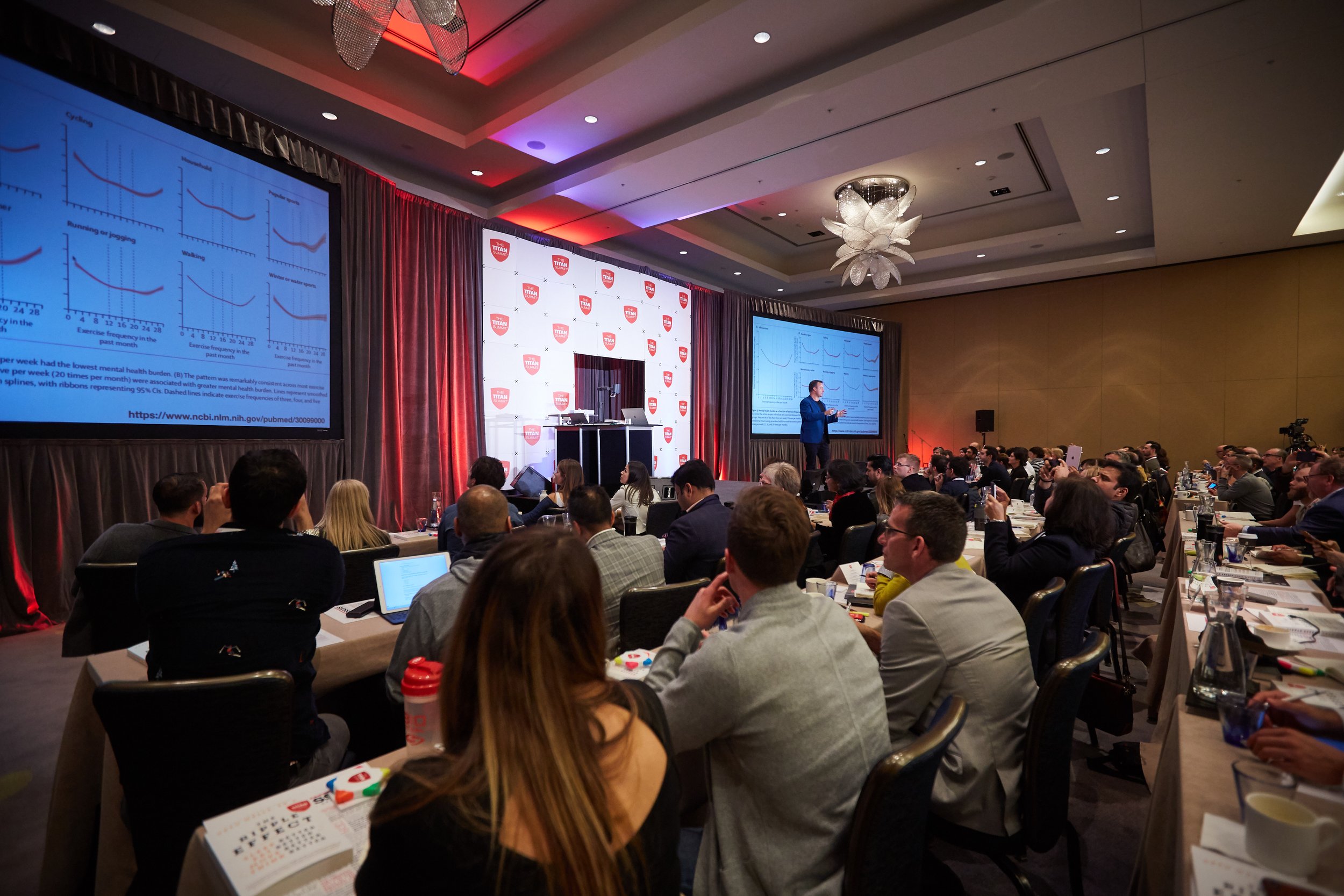
INSIGHTS
ACTIONABLE SCIENCE FROM Dr. WELLS’ NEWSLETTER
The Power of Gratitude
This week is all about the power of gratitude. Gratitude has become something of a buzzword over the past few years. You might have heard the word through social media or heard of friends or family members practicing it. But what exactly is gratitude? Gratitude is simply what it sounds like - being thankful. Practicing gratitude means noticing the positive aspects of the world, as opposed to focusing on the negatives.
Happy gut, happy brain
The bacteria in our gut are responsible for 90% of our serotonin. Serotonin is one of the hormones that makes us happy! This means that we can actually influence how we feel on a daily basis by eating foods that nourish these bacteria. So how can we do that?
Mindful Eating
A few weeks ago we discussed the importance of meal prep, particularly when working from home. Without having a strict lunch or break, it’s easy to get caught up in work and miss your regular meal times. The problem is that when you’re really hungry, that’s when you reach for that bag of chips or leftover cake sitting in the fridge. This is where meal prep comes in! If you plan out what you’re going to eat when, you won’t get to that point of extreme hunger. You just have to do a little planning the night (or week) before.
Find joy in movement
It’s time to stop thinking of exercise as a workout, and start thinking of it as just doing something you enjoy! Exercise doesn’t have to be running on the treadmill for an hour or counting down the minutes until your workout class is finished.
What Michael Phelps’ struggle for meaning can teach us about peak performance
If you locate measures of success and failure outside yourself— whether by accepting the judgment of others or internalizing it to judge yourself—you give away control of your sense of accomplishment. If you feel happiest and most satisfied when you receive external validation and rewards, then your sense of who you are (and how good of a person you are) will come from other people as well.
That’s a risky way to live and work. Fearing external judgment and relying on external validation to feel good are equally problematic. And they are both barriers to high performance.
Sleep to Succeed
Your circadian rhythm is your internal biological clock which regulates everything from sleep, eating patterns, mood, hormone regulation, and energy levels during the day. Disruption to your circadian rhythm can lead to insomnia, fatigue, loss of appetite, depressed mood, and decreased physical and mental performance. This is particularly apparent when you are jet lagged - I’m sure you’ve all experienced how bad that can be!
3 techniques to trigger gamma brain waves and achieve peak performance
Great performers enter a state of complete connection to the task while remaining completely relaxed. In so doing, they consistently deliver exceptional performance. From a brain science perspective, they are able to access gamma mode, a state of intense brain activity when the entire brain works together at once.
What Alex Honnold can teach us about peak performance
I’ve spent a lot of time trying to crack the code of ultra-performance.
I do it by looping back through everything I’ve learned as a scientist and physiologist, and comparing that knowledge to everything I am learning from meeting and working with some of the highest-achieving people on the planet.
What I’ve observed is that elite performers are consistently able to access their full potential.
5 techniques to prompt your creativity
Your creativity isn’t something you can just turn on and off, but it is definitely something you will undermine if you are in constant go mode. Our brains aren’t designed to ideate and innovate when we are in focused execution mode.
Need to create? Handle downtime like Churchill, Darwin and Dickens.
Need to brainstorm or ideate? Need to come up with a radically new idea? Need to be agile and innovative? Step out of execution mode and relax.
The importance of meal prep
Other than the odd remote meeting or conference call, you now have the freedom to set your own schedule. This can lead to something very dangerous: continuous access to food.















